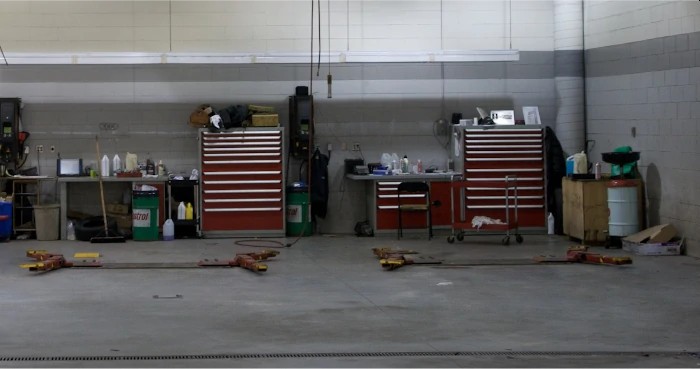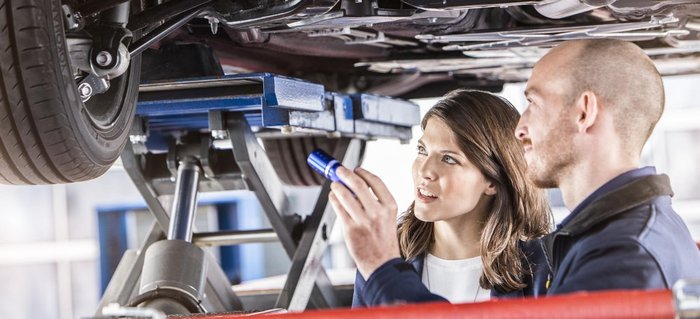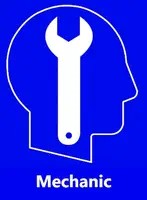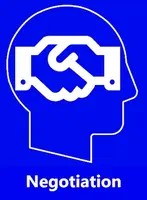Your goal is to know the true cost-to-you of this vehicle. This means not just the price, but repairs it will need, the time it will take to get it fixed, the inconvenience of being without a car, the possibility of being stranded by a breakdown, and so on. You need to know it's within your budget and your appetite for car repairs.
If you're buying from a dealer and you can't take the vehicle to a mechanic, bring a mechanic with you to the dealership. Again, this can be a mobile mechanic as discussed above for private party sellers. Or it might be a mechanic from a shop who agrees to meet you at the dealership at an appointed time.
How Do I Find a Mechanic for a Pre-Purchase Inspection?
Your best option, if you don't have a relationship with a mechanic you trust, is from referrals. Ask friends and co-workers if they can recommend a shop or a mechanic. They'll be quick to tell you either way, people are usually pretty passionate one way or the other about their last auto repair.
Other indications of a mechanic's reputation can be found in online reviews. Try Google and Yelp, as well as other sites. Find a few candidates with good reputations, even if it means going a few more miles out of your way.
The one thing we at Clever Customer look for is a series of AAA shop awards. The Automobile Association of America (AAA) awards “Top Shop” and other awards. The criteria that shops have to meet for the AAA awards are actually quite stringent. It's not something that shops can fake or pay for. Our experience has been that these shops are the real deal. If there hasn't been an award in years, it's possible that management may have changed, and maybe practices as well. Or maybe they just got edged out, few awards are issued.

What Do I Do With the Results?
What you should get when the pre-purchase inspection is complete is a written report. The report should list every problem the mechanic found with the vehicle. It should prioritize the repairs, either by severity or by a schedule they recommended the repairs be done on. Finally, it should have written estimates of the cost of those repairs.
Go back to the market value of the car, the blue-book price. Deduct the cost of any serious repairs from that value. You'll need to know that number when you enter into final negotiations with the seller. Every potential repair on the list is a potential negotiation point for you. These are real costs you may incur if you buy the vehicle.










